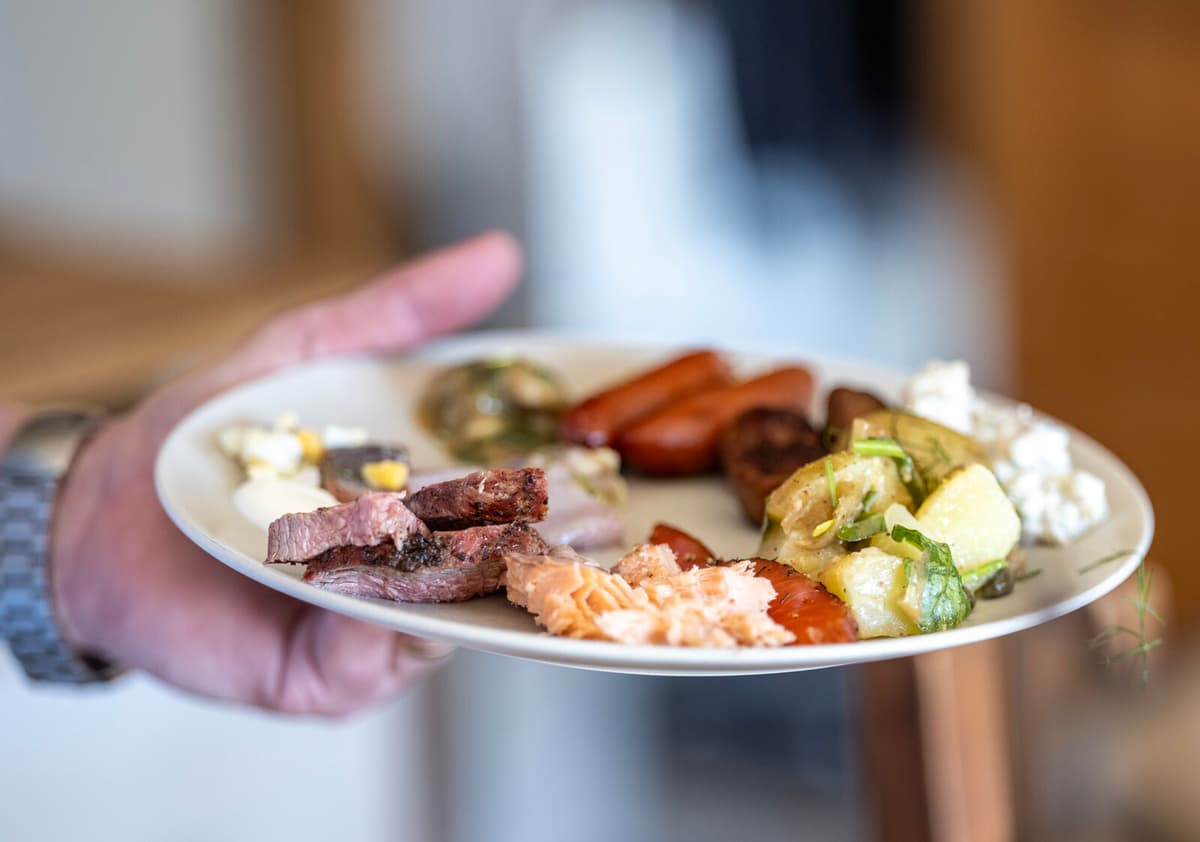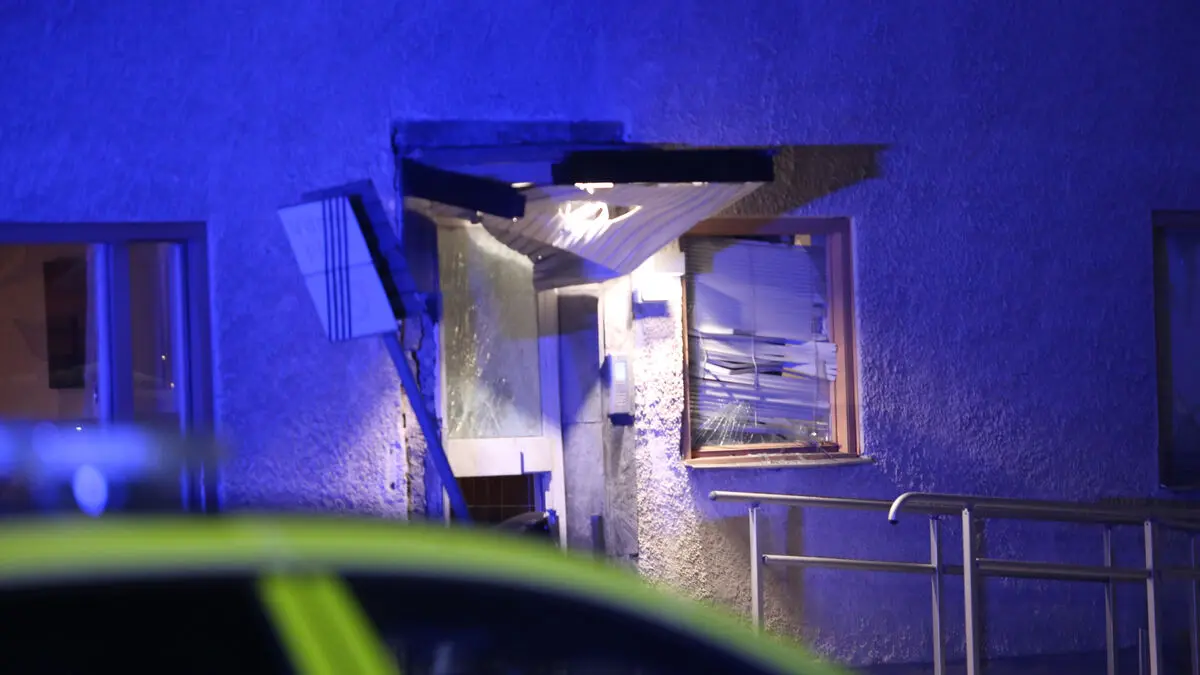It is known since before that more people are affected by heart attack during major holidays such as Christmas, New Year and Midsummer. Now, researchers at Lund University have taken a closer look at what may be behind this.
Based on the results, it indicates that a larger intake of food and drink during these holidays may be behind it, says David Erlinge, professor of cardiology at Lund University and one of the researchers behind the study.
Not alcohol
The researchers have used data from patients with known heart failure who have had a special device that helps to maintain heart rhythm. By analyzing data from it, it is possible to see how much fluid the participants have in their body and their pulse.
When the researchers studied 96 people with such a meter for over two years, they saw that during Christmas, Midsummer and New Year, the fluid volume in the body increased quite strongly. An increased fluid volume means a strain on the heart, which increases the risk of infarction.
They also saw a decrease in physical activity and a decrease in average daily pulse among the participants. Drinking and eating more leads to an increased fluid volume in the body.
On the other hand, we saw no connection to alcohol intake in this study. Half of those who suffered a heart attack had not drunk alcohol, says David Erlinge.
Chill a bit
The researchers have also sent questionnaires to people who have had a heart attack and to people with heart failure but who have not had a heart attack. According to the answers, people who suffer from heart attack often experienced increased stress during the day before the infarction compared to those who were not affected.
Even if the study, which has been financed by, among other things, the Heart-Lung Foundation, cannot prove that it is food and drink that leads to infarction, much indicates it, David Erlinge means.
The conclusion is that if you are a person who has already had a heart attack or who has, for example, angina, it is good to take it a bit easy with the herring tart and potatoes. You absolutely do not need to avoid everything, but be moderate, he says.
Those who experience classic symptoms of heart attack such as pressure over the chest, radiating pain in the left arm and shortness of breath should immediately call 112.
Some common symptoms during a heart attack:
You have a lot of pain in your chest all the time and the pain can radiate to your arms or back. You have an unpleasant feeling or pressure in your chest that can also radiate up to your neck, jaw and shoulders. You have difficulty breathing. You are cold sweating. You feel scared and have anxiety. You have palpitations and dizziness. You have symptoms similar to the flu and at the same time have chest pain. You feel sick or vomit. A heart attack is usually due to a blood clot that has formed and completely or partially blocks the heart's coronary arteries. The heart then gets oxygen deficiency because the blood cannot pass as it should and it can be life-threatening. Call 112 immediately if someone has symptoms of a heart attack.
Source: 1177






